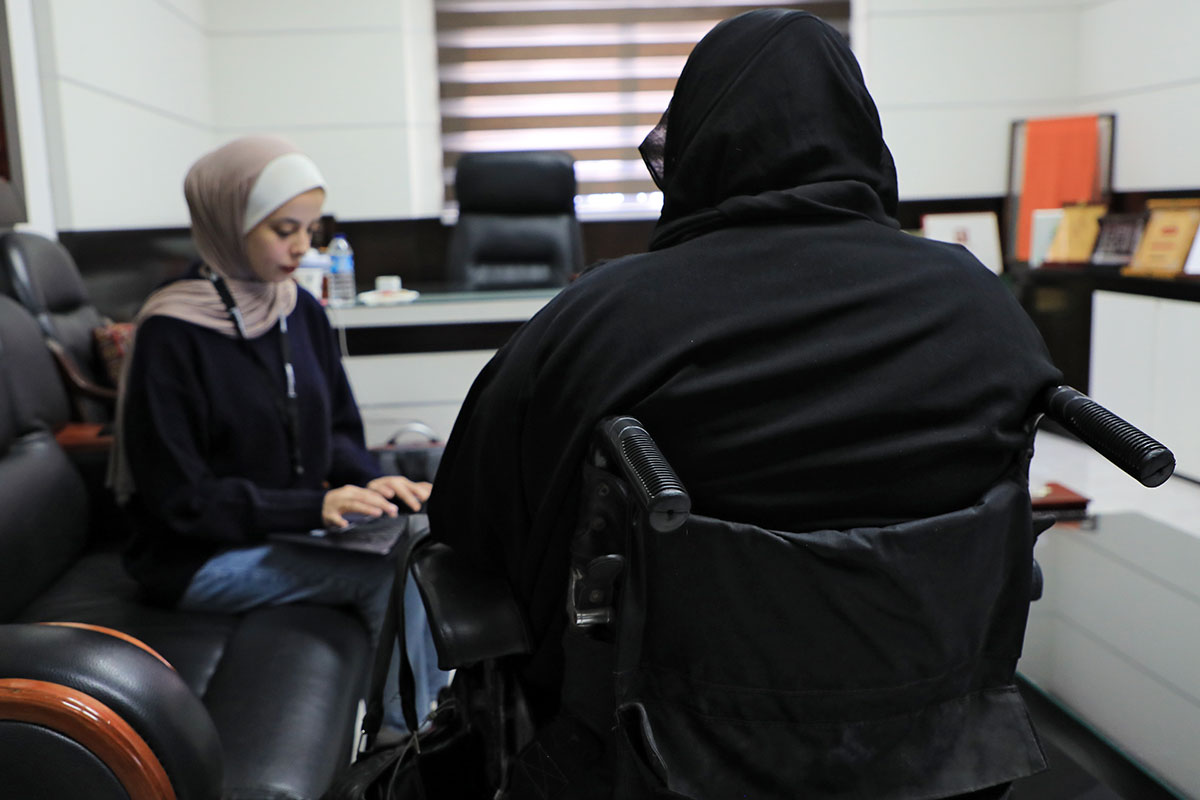
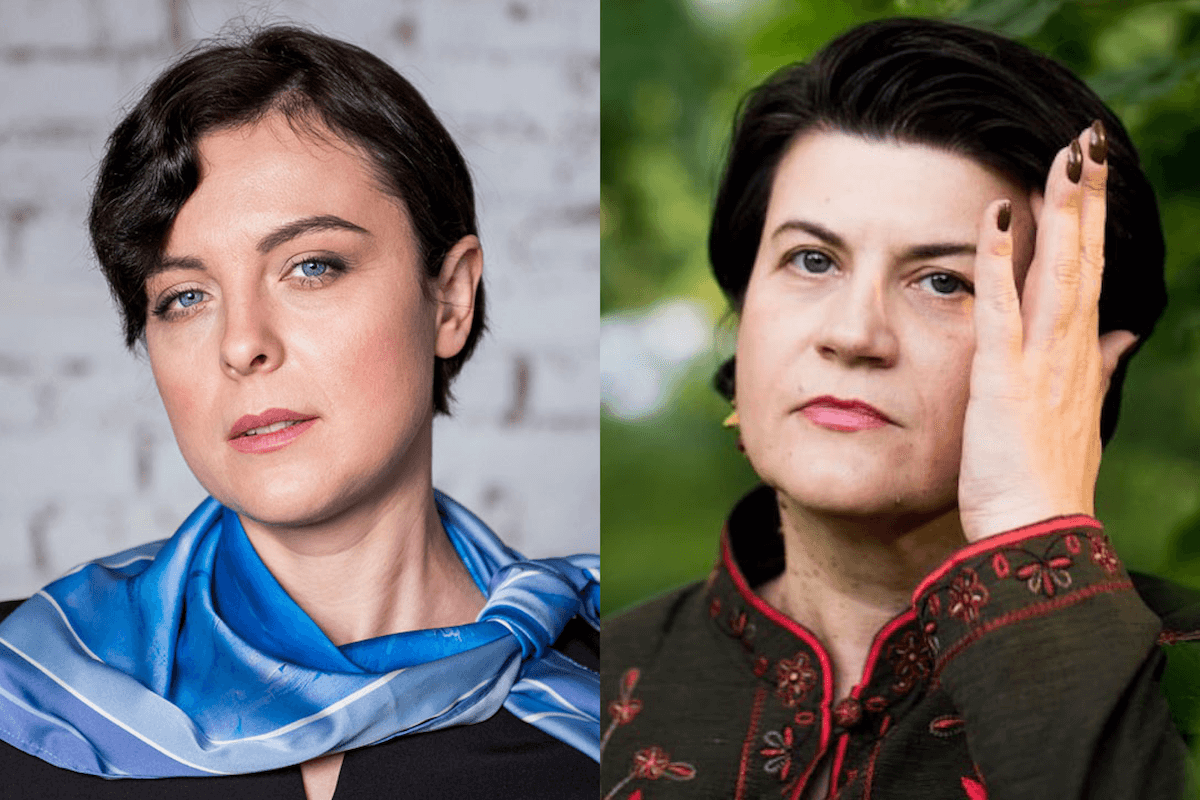
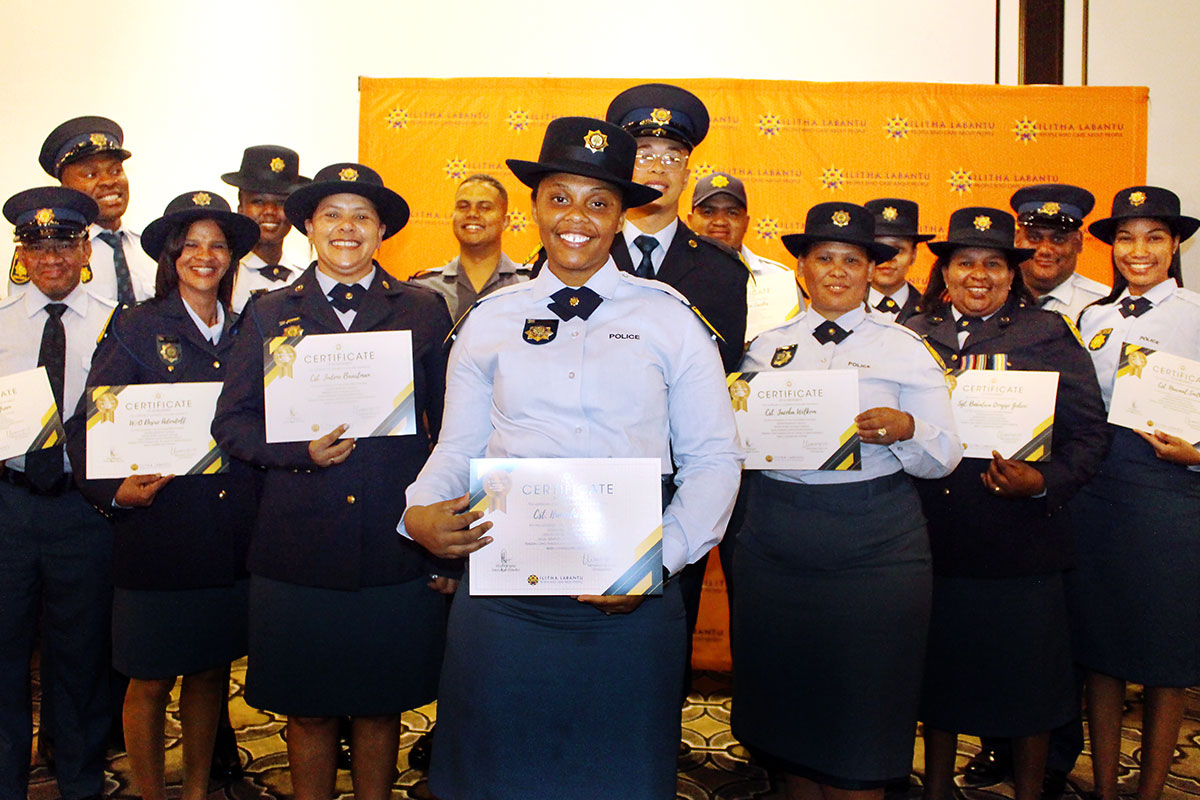
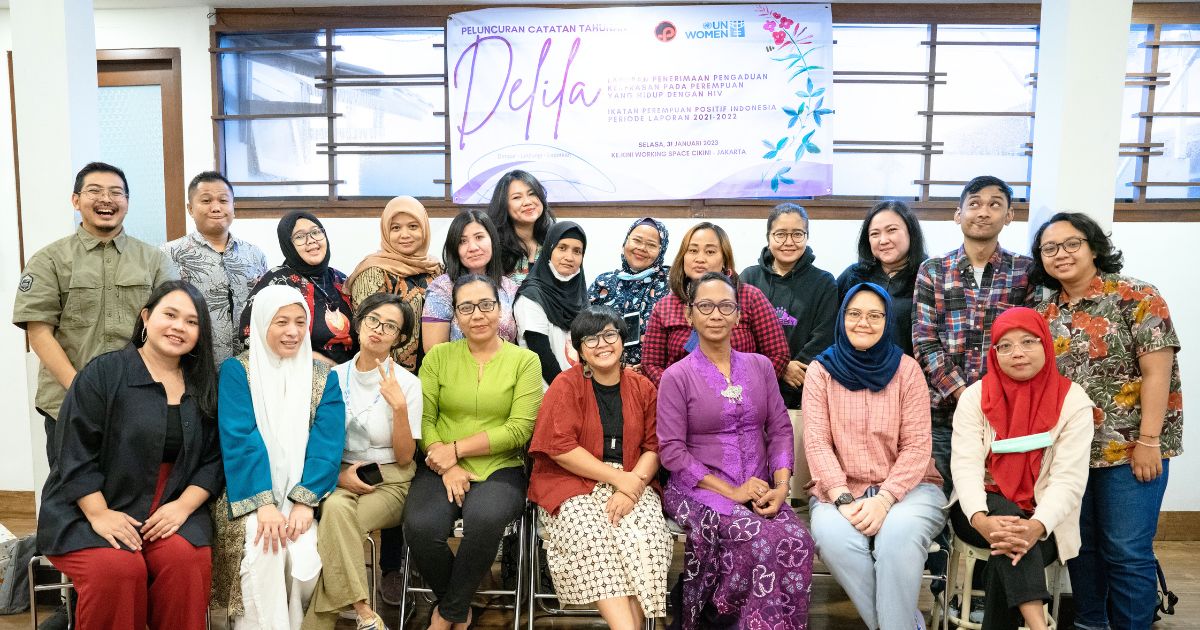
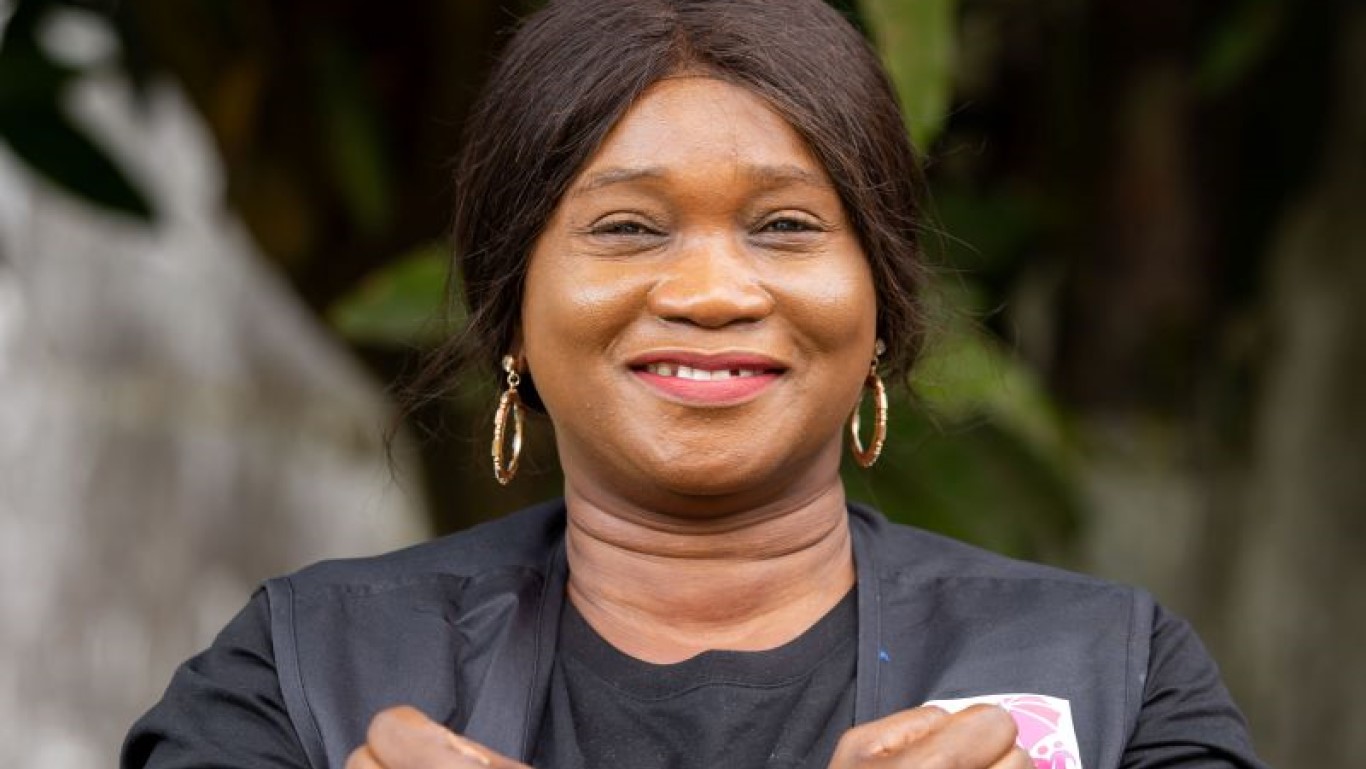
Giving a voice to gender-based violence survivors in Palestine
Decades of occupation and conflict have jeopardized women’s economic security, protection, and access to services in Palestine. Women and girls far too often face physical violence and sexual harassment, which occurs in the streets, workplaces, homes, and refugee camps. Nearly 1.9 million in Palestine currently need gender-based violence (GBV)–related services and interventions, 65 percent of whom live in Gaza. GBV victims also suffer from limited access to justice due to the weak, fragile, and inactive legal system. Read more>
In Ukraine, activists step up to support conflict-related sexual violence survivors
Since the full-scale Russian invasion of Ukraine last year, violence has become a daily reality for millions of Ukrainians, with more than 20,0000 recorded civilian casualties and over 13 million people displaced. Confronting destruction, loss and death, women, girls and people of all genders face another, often less visible threat: heightened rates of rape and sexual violence.
Conflict drives sexual violence in multiple ways. Rape and other sexual abuses may be directly perpetrated by armed forces, while heightened economic and societal instability provide the conditions for increased sexual exploitation, trafficking, and other forms of sexual abuse. At the same time, the breakdown of justice, healthcare and other systems makes support even harder for survivors to access. Read more>
South African women’s group trains police to respond to gender-based violence
The rate of violence against women and girls in South Africa is among the highest in the world: according to official statistics, one in five women in relationships have experienced physical violence by a partner.
Many more have suffered other forms of violence by men they know and strangers. One principal hurdle to tackling this issue is the fact that many cases of abuse are not reported to authorities. Read more>
Take five: “The perception that women living with HIV are ‘bad women’ makes people normalize violence against them”
Ayu Oktariani, 37 and based in Bandung, is the national coordinator of the Indonesia Positive Women Network (IPPI, for its acronym in Bahasa Indonesia), a national nongovernmental network founded by women living with HIV and affected by HIV in Indonesia. UN Women has supported IPPI since 2011. In 2020, UN Women started supporting the network in addressing violence against women living with HIV, building the online platform DELILA for women to report cases of violence, and providing referral services for these women. Read more>
“It is important to invest in women’s organisations because they have a track record of doing a lot in the communities.”
Meet Esther Yango, Executive Director of the Women’s NGO’s Secretariat of Liberia (WONGOSOL), the coordinating body of women’s groups in Liberia. As Liberia joins the rest of the world to commemorate the 16 Days of Activism against gender-based violence under the theme ‘Invest to prevent violence against women and girls,’ Mrs. Yango reflects on her organisation’s contribution to the process for the elimination of gender-based violence in Liberia and shares her message. Read More>

Palestine: Giving a voice to GBV survivors
Decades of occupation and conflict have jeopardized women’s economic security, protection, and access to services in Palestine. Women and girls far too often face physical violence and sexual harassment, which occurs in the streets, workplaces, homes, and refugee camps. Nearly 1.9 million in Palestine currently need gender-based violence (GBV)–related services and interventions, 65 percent of whom live in Gaza. GBV victims also suffer from limited access to justice due to the weak, fragile, and inactive legal system. Read more>

Ukraine: Conflict-related sexual violence survivors
Since the full-scale Russian invasion of Ukraine last year, violence has become a daily reality for millions of Ukrainians, with more than 20,0000 recorded civilian casualties and over 13 million people displaced. Confronting destruction, loss and death, women, girls and people of all genders face another, often less visible threat: heightened rates of rape and sexual violence.
Conflict drives sexual violence in multiple ways. Rape and other sexual abuses may be directly perpetrated by armed forces, while heightened economic and societal instability provide the conditions for increased sexual exploitation, trafficking, and other forms of sexual abuse. At the same time, the breakdown of justice, healthcare and other systems makes support even harder for survivors to access. Read more>

South Africa: Police training to respond to GBV
The rate of violence against women and girls in South Africa is among the highest in the world: according to official statistics, one in five women in relationships have experienced physical violence by a partner.
Many more have suffered other forms of violence by men they know and strangers. One principal hurdle to tackling this issue is the fact that many cases of abuse are not reported to authorities. Read more>

Indonesia: Perception of women living with HIV
Ayu Oktariani, 37 and based in Bandung, is the national coordinator of the Indonesia Positive Women Network (IPPI, for its acronym in Bahasa Indonesia), a national nongovernmental network founded by women living with HIV and affected by HIV in Indonesia. UN Women has supported IPPI since 2011. In 2020, UN Women started supporting the network in addressing violence against women living with HIV, building the online platform DELILA for women to report cases of violence, and providing referral services for these women. Read more>

Liberia: Investing in Women's organisations
Meet Esther Yango, Executive Director of the Women’s NGO’s Secretariat of Liberia (WONGOSOL), the coordinating body of women’s groups in Liberia. As Liberia joins the rest of the world to commemorate the 16 Days of Activism against gender-based violence under the theme ‘Invest to prevent violence against women and girls,’ Mrs. Yango reflects on her organisation’s contribution to the process for the elimination of gender-based violence in Liberia and shares her message. Read More>

